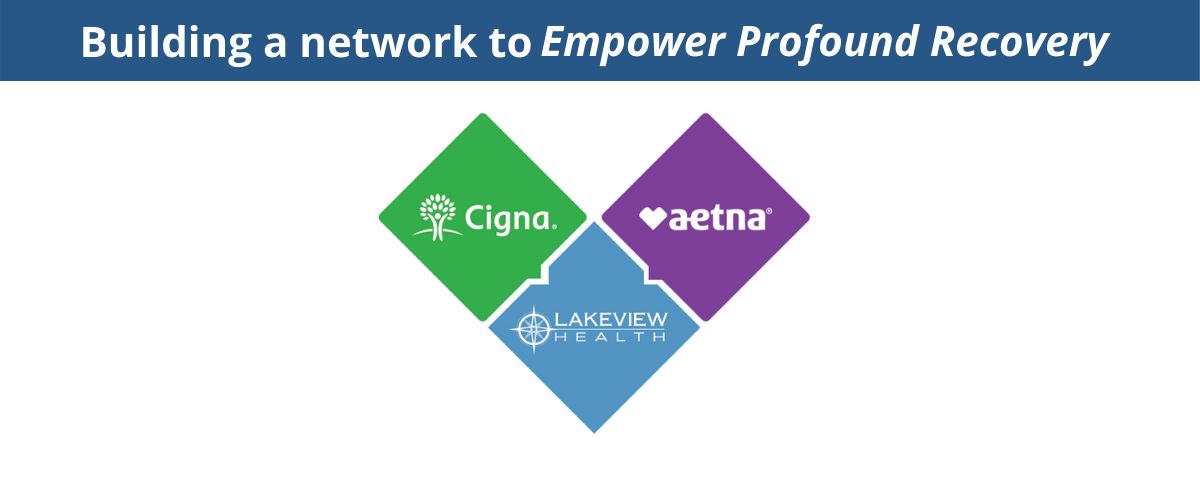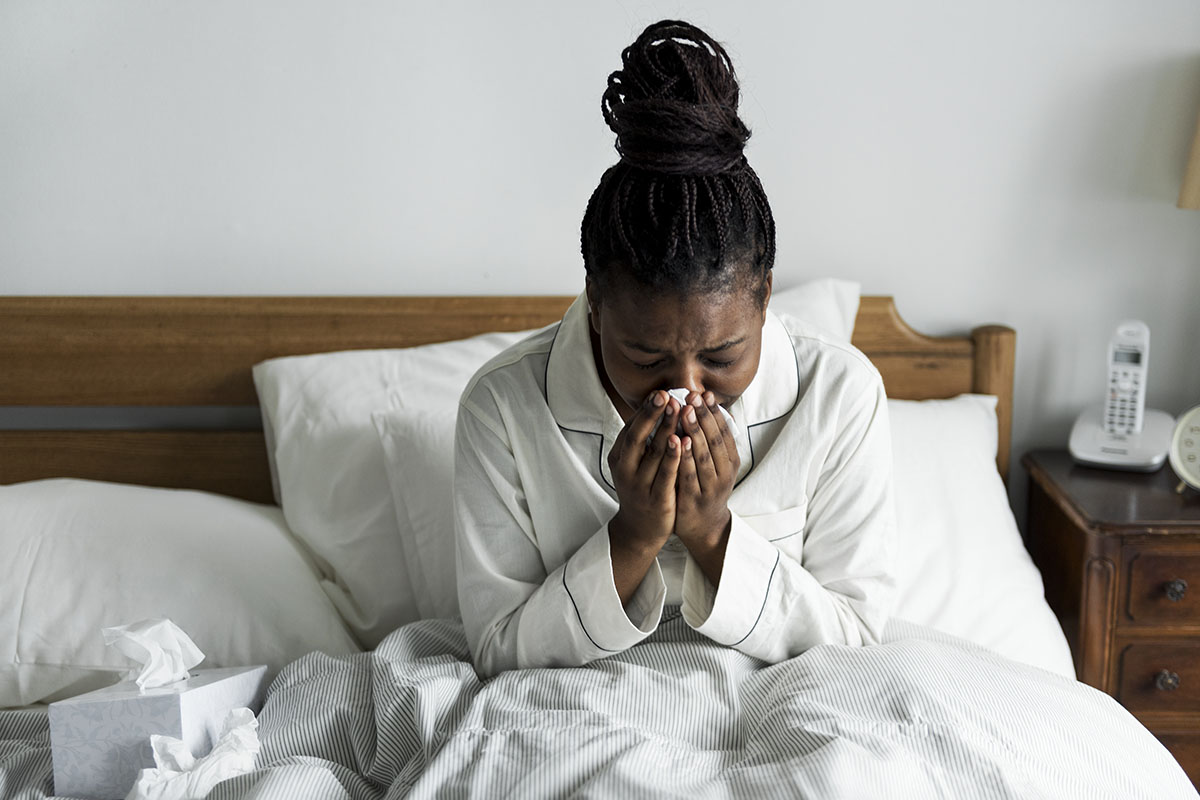Georgia—like many states across the nation—has seen a dramatic increase of drug overdose fatalities in recent years. As elsewhere in the United States, this trend is mostly driven by the misuse of opioids. Of the 1,307 drug overdose deaths in 2015 in Georgia, 900 (88 percent) were related to opioids, including heroin. A 2017 white paper by the Substance Abuse Research Alliance (SARA) on the prescription opioids and heroin epidemic in Georgia summarized its findings this way: “Georgia’s prescription opioid and heroin problem threatens the wellbeing of every Georgian at every socioeconomic level and in every geographic region of the state.” Governor Nathan Deal referred to the crisis in his state-of-the-state address in January as “an ongoing epidemic that ravages the hearts and minds of not only individuals but also the communities that they touch.” Hospitalizations related to opioid use and misuse in Georgia have skyrocketed, from about 302,000 in 2002 to about 520,000 in 2012, an increase of 72 percent in 10 years. Similarly, the cost of opioid related inpatient care more than doubled during the same time period, rising to $15 billion in 2012.
To counter the escalating crisis, Georgia became the thirty-sixth state to legalize the over-the-counter sale of naloxone in December 2016. This emergency drug can save the life of someone who has overdosed on painkillers, heroin, or other opioids. Georgia has also been trying to tighten the provisions of the state’s Prescription Drug Monitoring Program (PDMP). According to the Georgia Drugs and Narcotics Agency, “the purpose of the PDMP is to assist in the reduction of the abuse of controlled substances; to improve, enhance, and encourage a better quality of healthcare by promoting the proper use of medications to treat pain and terminal illness; and to reduce duplicative prescribing and over-prescribing of controlled substances practices.” The program is supposed to contain doctor shopping and the over-prescription of opioids, but significant loopholes exist and the SARA white paper recommends further strengthening of the PDMP. “While Georgia implemented important changes and enhancements to its PDMP during the 2016 legislative session, much work remains to be done.” The white paper approves increased access to naloxone. “First responders, parents, and educators should have easy access to naloxone and should have training in how to administer the drug.” Limiting access to addictive substances and rescuing people from fatal overdoses are important measures but will not end the crisis if people with severe substance use disorders do not receive comprehensive addiction treatment. The authors of the white paper realize that and are calling on Georgia lawmakers to improve access to opioid use disorder treatment. “Anyone misusing prescription opioids or using heroin should have access to the full range of opioid use disorder treatment services including medically managed detoxification/withdrawal management, behavioral therapy, medications and recovery support services.” This is clearly not the case at the moment. Around 60 percent of the Georgia counties with drug overdose rates higher than the national average are located in rural areas with limited access to substance use disorder treatment, and two-thirds of all counties in Georgia have limited or no access to a center using evidence-based practices for opioid use disorder. If access to addiction treatment in Georgia is too complicated, patients and healthcare providers could consider rehab centers in neighboring Florida. People living in or near Savannah may consider traveling to Lakeview Health in Jacksonville, Florida since it is only about a two hour drive. The team at Lakeview Health is the forefront of ending the opioid epidemic and has a board certfied medical staff that provides comprehensive, evidence-based, and multidisciplinary treatment to give individuals a powerful set of tools to achieve long-term recovery from drugs and alcohol. Lakeview provides addiction treatment based on a medical model with comprehensive programs that address both addiction and mental health disorders. Lakeview also offers an on-site, medically supervised detox program.




